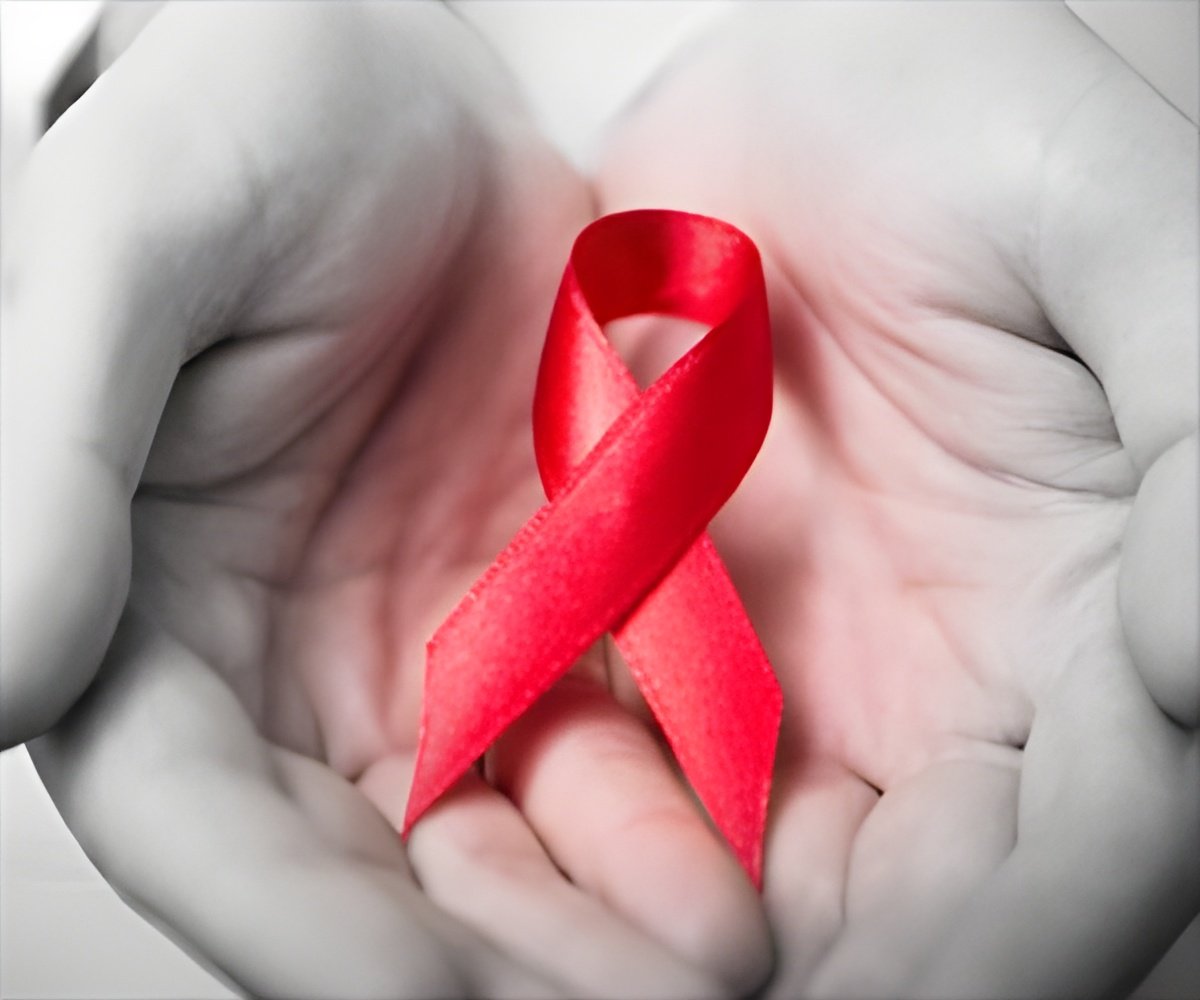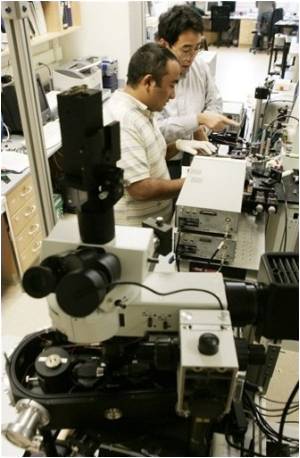
‘More than 2000 young adults under the age of 24 are newly infected with AIDS every day in Sub-Saharan Africa. Half of them living with HIV are undiagnosed.’
Tweet it Now
Again hosted by the coastal city of Durban, the International AIDS Conference is seen as the key biannual gathering of experts tackling a pandemic that has claimed more than 30 million lives in 35 years. Among those attending this 21st edition are UN Secretary-General Ban Ki-moon, activists including singer Elton John and actress Charlize Theron, and Britain's Prince Harry.
"When the global AIDS community last met (in Durban) in 2000, only a few thousand Africans were receiving anti-retroviral drugs," billionaire philanthropist Bill Gates said in a speech on the eve of the opening session.
"Today, more than 12 million Africans are on treatment -- more than a quarter of them living here in South Africa."
But other statistics are less encouraging.
Advertisement
"If we fail to act, all the hard-earned gains made in HIV in sub-Saharan Africa over the last 15 years could be reversed," Gates warned, pointing to Africa's huge young population entering the risky age for catching the disease.
Advertisement
"As a global community, we must move quickly and decisively towards achieving the targets that will help us finally bring this epidemic to an end," he said on Monday.
The United Nations has set a target of ending the AIDS pandemic by 2030.
A 'Crucial Time'
Infection rates are rising in many regions of the world, with Russia especially hard hit.
There are some 36.7 million people worldwide living with HIV/AIDS, mainly in sub-Saharan Africa.
Of these, only 17 million are receiving treatment.
"This conference comes at another crucial time in the HIV epidemic," said Chris Beyrer, president of the International AIDS Society.
"If we don't make the right strategic choices, we risk reversing hard-won gains. The delay is tantamount to defeat."
Until 2000, only wealthier countries had hosted the AIDS meeting.
That all changed when South Africa became the first developing country -- and the first with an unbridled epidemic of HIV in its population -- to take the helm.
The conference was a highly-charged affair, but its emotional impact transformed the AIDS campaign.
Campaigners accused drugs companies of providing life-saving drugs to HIV patients in rich countries but ignoring counterparts in poor economies.
And South African activists angrily leveled accusations of AIDS-denialism at then-president Thabo Mbeki, who insisted the disease was caused by poverty, not by the human immunodeficiency virus (HIV).
Hundreds of delegates walked out when Mbeki, who relied on advice from discredited scientists, told the conference opening: "It seemed to me that we could not blame everything on a single virus."
Mbeki denied millions access to life-saving anti-retroviral drugs, and a Harvard study later concluded his policies were responsible for 300,000 avoidable deaths in South Africa.
"It was a very painful moment in the world," Beyrer told AFP, recalling the 2000 event.
Things changed under subsequent leaders, and South Africa now has the world's largest treatment program.
With no cure for the virus in sight, patients today still face lifelong reliance on expensive anti-retroviral drugs which cause side effects.
This time around, delegates will pore over the latest scientific research, amid frustration that there is still no vaccine for the stealthy virus.
Source-AFP















